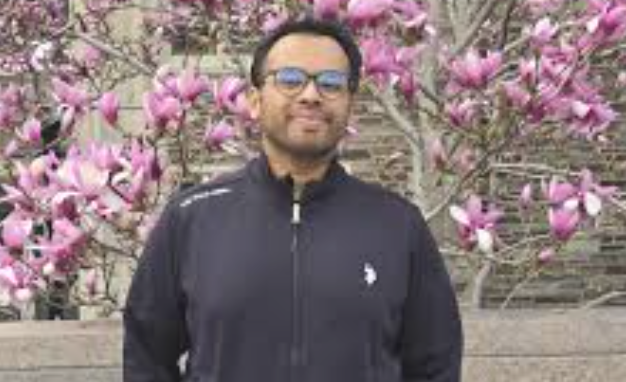The international academic community is in mourning following the tragic death of Shashata Sawmya, a promising Bangladeshi researcher at the Massachusetts Institute of Technology (MIT), whose body was discovered in British Columbia’s Okanagan Lake earlier this week.

Sawmya, 28, had recently delivered what would be his final academic lecture at the University of British Columbia (UBC) before he went missing. Days later, Canadian authorities confirmed his body had been recovered from the lake. The British Columbia Coroners Service has launched an investigation into the cause of death, though police have ruled out foul play.
Sawmya’s sudden passing has sent shockwaves through academic institutions in Bangladesh, the United States, and beyond. Hailed as a rising star in engineering and data science, his academic trajectory was nothing short of extraordinary.
A graduate of the Bangladesh University of Engineering and Technology (BUET), Sawmya was widely recognized as the most outstanding student of his class, achieving a rare perfect CGPA of 4.0. He later joined the BUET faculty, quickly earning a reputation for his intellectual clarity and generosity—attributes that endeared him to students and colleagues alike.
His journey eventually brought him to MIT, where he continued to distinguish himself as a young scholar navigating the complex terrain of high-level research and the immigration system in the United States.
Just days before his death, Sawmya made headlines with a deeply personal Facebook post that resonated powerfully across the international academic community. In the viral message, he expressed growing disillusionment with the U.S. academic and immigration systems, describing the emotional toll of visa insecurity, burnout, and isolation. “The great American dream is dead,” he wrote.
He also revealed that he had canceled upcoming invited talks at institutions such as Harvard and Princeton, citing a growing frustration with what he described as a system that exploited immigrant talent while offering little in the way of support or stability.
The post sparked widespread discussion among international scholars, particularly those from marginalized and immigrant backgrounds, who saw in his words a reflection of their own struggles. Many lauded him for his candor in highlighting the mental health crisis among early-career academics, a topic often cloaked in silence.
Sawmya’s death has prompted an outpouring of grief and tributes. BUET and MIT both issued statements honoring his life and legacy, while BUET alumni and students organized candlelight vigils in his memory. Op-eds across Bangladeshi media reflected on the immense promise he represented—and the deeper questions his passing now raises.
“He was not just a brilliant mind—he was a gentle and generous soul,” one colleague told reporters. “He inspired everyone around him with his intellect, but also with his kindness and humility.”
Many academics have renewed calls for institutions to address the mental health toll of academic life, particularly among international scholars who often face unique challenges, including cultural isolation, bureaucratic hurdles, and relentless performance pressure.
Sawmya’s loss is more than a personal tragedy—it is a searing reminder of the vulnerabilities facing even the brightest in academia. His voice, once confined to lecture halls and late-night research labs, is now amplifying a call for change.
He leaves behind a grieving family, a community of students and scholars who admired him deeply, and a legacy marked not only by exceptional intellect but also by the courage to confront difficult truths.